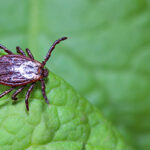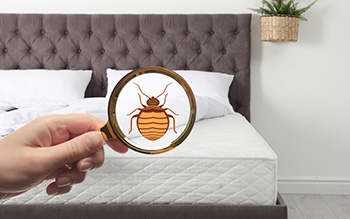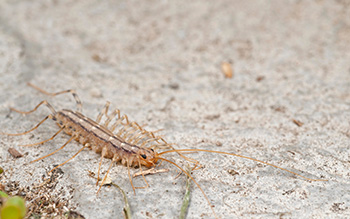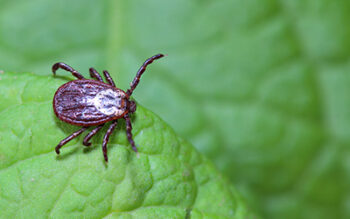 For such tiny little insects, ticks are capable of striking fear into the heart of any outdoorsy person here on the Mississippi Gulf Coast – especially dog owners. With tick season in full swing, it’s important to have a game plan in place to protect our furry companions from tick bites. The experts at Southern Pest Control will walk you through what you should do if your dog gets bitten to ensure they recover safely.
For such tiny little insects, ticks are capable of striking fear into the heart of any outdoorsy person here on the Mississippi Gulf Coast – especially dog owners. With tick season in full swing, it’s important to have a game plan in place to protect our furry companions from tick bites. The experts at Southern Pest Control will walk you through what you should do if your dog gets bitten to ensure they recover safely.
What Can You Do For Tick Bites?
When faced with a tick on your pet, swift and proper removal is key. However, tick removal is a delicate task; leaving any of the head intact could lead to an infection. To properly remove a tick, grab some fine-tipped tweezers or a tick removal tool and follow these steps:
- Pinch and Pull: Grasp the tick firmly but gently, near your pet’s skin, and pull it straight back. Avoid pulling sideways, as this could leave the tick’s head or mouthparts behind, increasing the risk of infection. A straight, steady pull will prompt the tick to release.
- Gentle Handling: Exercise caution not to squeeze the tick too forcefully, as excessive pressure could crush it, making removal more challenging.
- Sanitize the Area: After successfully removing the tick, thoroughly clean and sanitize the bite area. This step helps minimize the potential for infection.
- Testing Option: If you suspect your pet was bitten by the tick, you have the option to store the removed tick in a sealed bag and take it to your local veterinarian for testing.
What Should You Be on the Lookout for After a Bite?
Ticks can transmit various diseases to dogs, and recognizing the symptoms is crucial for timely intervention. If your dog exhibits any of these signs, seek veterinary attention promptly:
- Lyme Disease: Symptoms include painful and swollen joints, fever, and loss of appetite. Untreated, it can lead to kidney failure and cardiac and neurological problems.
- Ehrlichiosis: Look out for bleeding episodes, eye issues (hemorrhage or blindness), neurological problems, anemia, lameness, and swollen limbs.
- Canine Babesiosis: Keep an eye for abnormally dark urine, anemia, fever, weakness, depression, and sudden collapse.
- Anaplasmosis: Symptoms may include fever, vomiting, diarrhea, lethargy, loss of appetite, coughing or labored breathing, seizures, bruising, uncontrolled bleeding, and lameness.
Remember, tick-borne diseases can progress rapidly and have serious consequences. If you suspect your dog has contracted any of these illnesses, don’t hesitate to seek professional veterinary care to ensure their health and well-being.
Professional Prevention Measures
Your friends here at Southern Pest Control understand how important your four-legged family members are, and we have your back. Our team of well-trained professionals has over 45 years of experience specializing in tick and flea removal and prevention. Our technicians will:
- Thoroughly inspect your property for any source of infestation or uncovered hiding spots.
- Use appropriate pest control products to clear your entire property of fleas and ticks
- Post treatment, we also provide you with tips and tricks to keep these unwanted guests from coming back.
If you suspect you may be dealing with a tick or flea infestation, don’t hesitate to call us today for a free estimate.
Need Pest Control Services?
We'll call you! Leave your information below.





